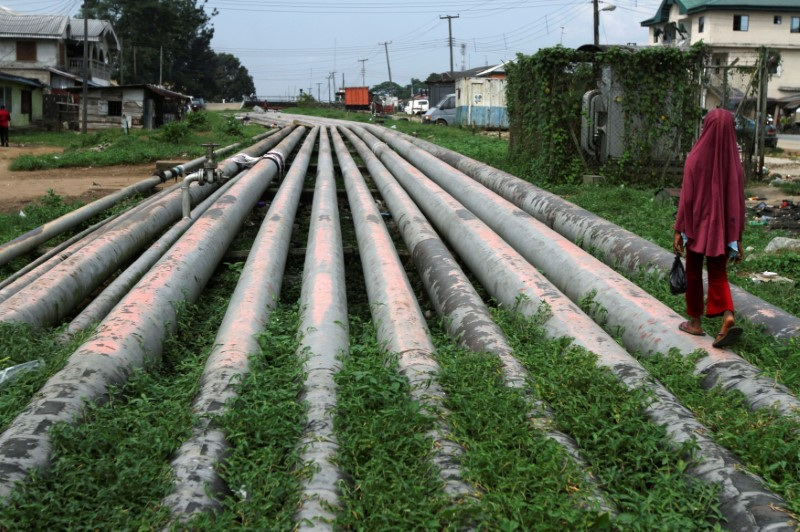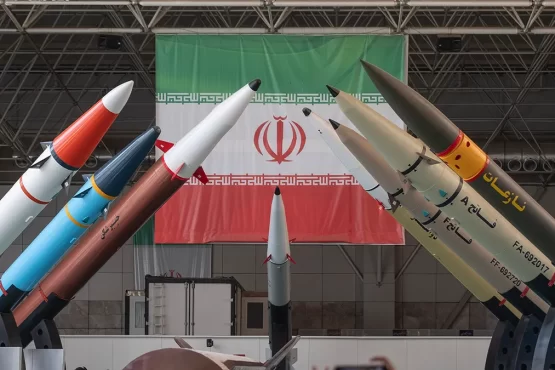Nigeria and Equatorial Guinea have taken a significant step towards enhancing regional energy cooperation by signing an agreement to establish and operate a gas pipeline. The announcement came on Thursday, August 17, 2024, from Nigerian presidential spokesperson Ajuri Ngelale, marking a pivotal moment in West African energy infrastructure development.

The agreement was reached during a three-day visit by Nigerian President Bola Tinubu to Equatorial Guinea, where he met with Equato-Guinean President Teodoro Obiang Nguema Mbasogo. The leaders discussed a range of issues including employment, regional conflicts, and food security, with the gas pipeline project emerging as a key outcome of their talks.
The signed agreement covers crucial aspects of the gas pipeline project, including legislative and regulatory measures, establishment and operation protocols, natural gas transit procedures, ownership structure of the gas pipeline, and general principles governing the project.
This new agreement builds upon a broader initiative dating back to 2016 when Nigeria and Morocco agreed to construct a gas pipeline to promote regional integration and bolster energy security. That project, supported by the Economic Community of West African States (ECOWAS), is estimated to cost $25 billion and aims to have a capacity of 30 billion cubic meters per year, to be completed in three phases.

President Mbasogo of Equatorial Guinea hailed the deal as strategically crucial for Africa’s development. He also linked the project to the continent’s bid for a permanent seat on the United Nations Security Council, highlighting its potential geopolitical implications.
The pipeline is expected to offer African gas an export route to Europe, potentially reshaping energy dynamics in the region. This could provide a significant boost to both countries’ economies and enhance their global standing in the energy market.

While specific timelines and investment figures for this Nigeria-Equatorial Guinea pipeline were not disclosed in the initial announcement, the project is likely to attract significant attention from investors and energy sector analysts. Its successful implementation could serve as a model for further energy cooperation across the African continent.
As the project moves forward, it will be crucial to monitor its environmental impact, financing arrangements, and its role in the broader context of global energy transitions. The pipeline’s development could also influence diplomatic relations within West Africa and between African nations and European energy markets.
This agreement represents a major step in Africa’s energy infrastructure development, with potential far-reaching consequences for regional economic integration and global energy supply dynamics.










